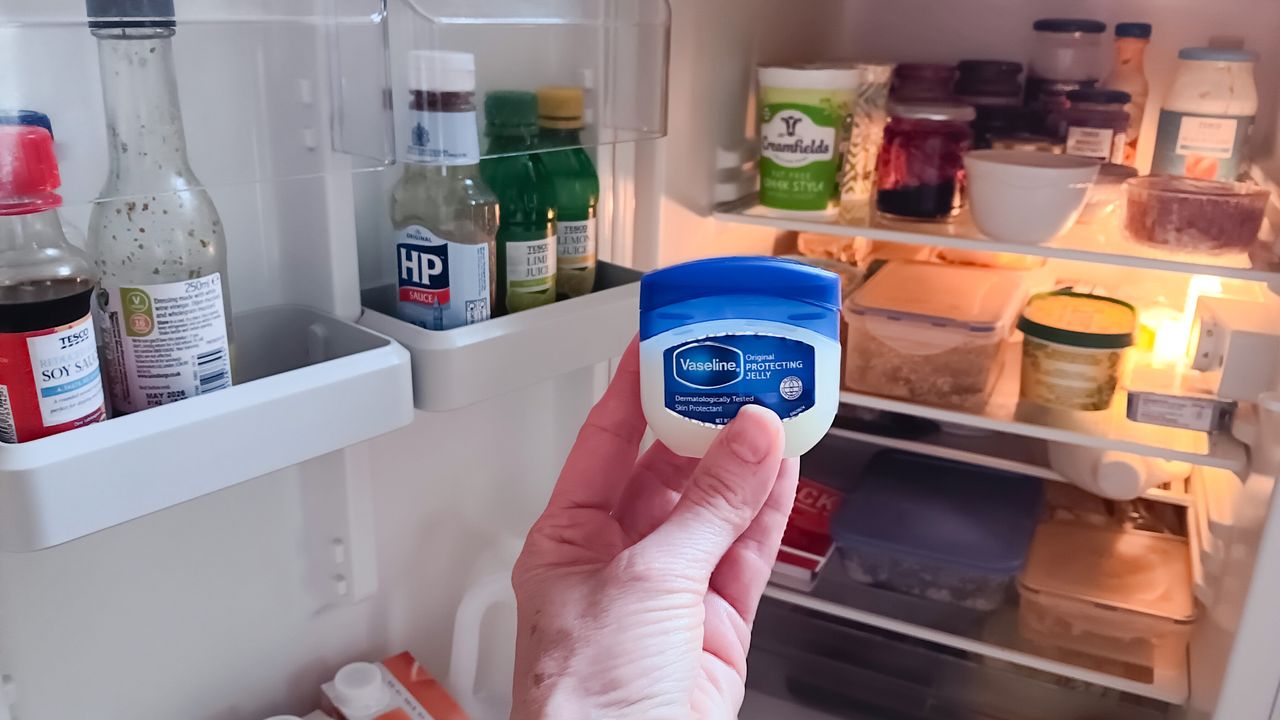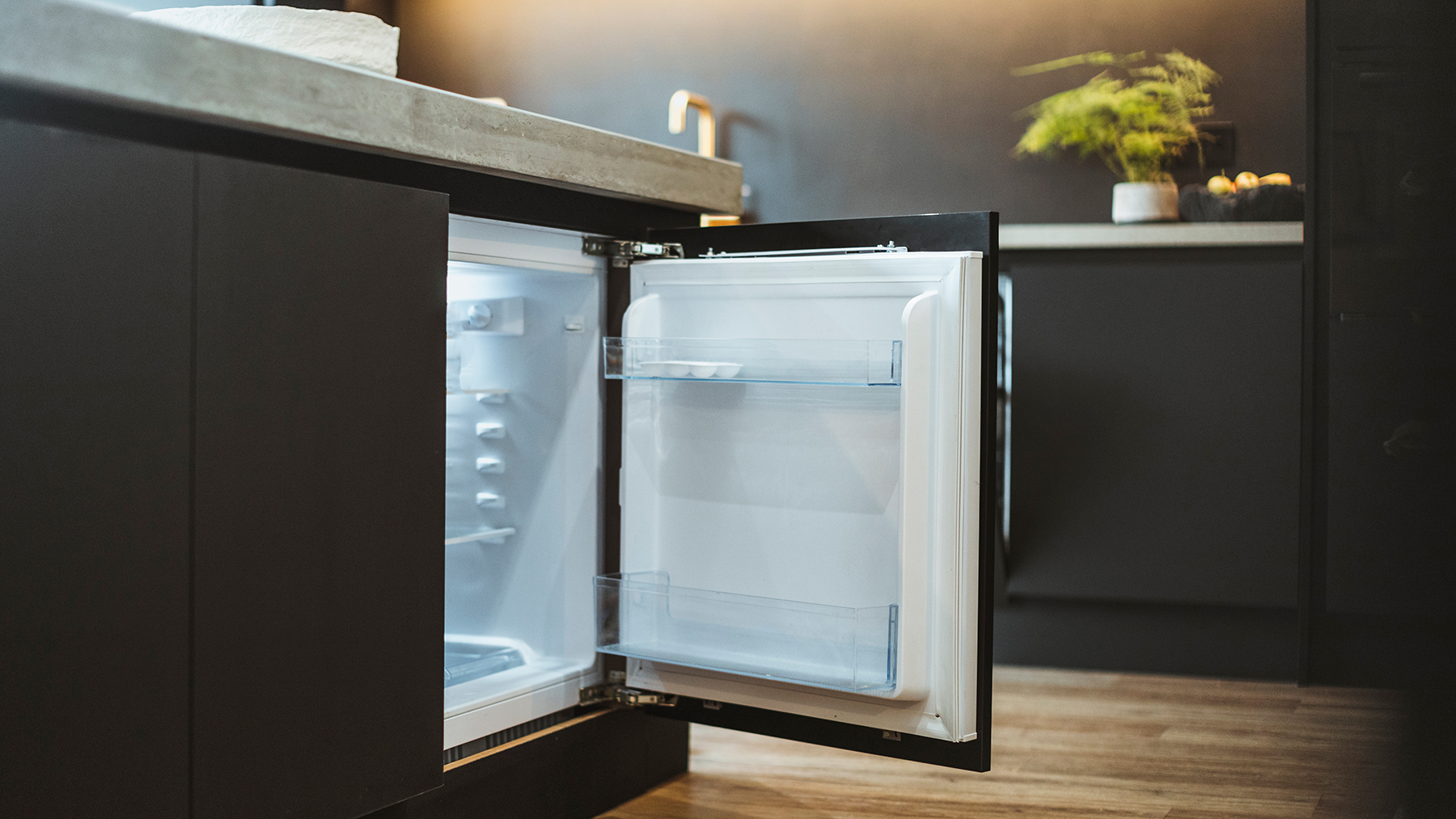
With more intense heatwaves expected, our fridges are having to work harder to keep our food cool. And if they underperform in the heat, there’s the risk that our food will spoil and cause us harm.
So, apart from coping with the heat, the last thing you’ll want to deal with is having to restock your fridge and the possible consequences of consuming spoiled food.
However, there is an expert hack that can improve your fridge’s performance in a heatwave and keep your food perfectly chilled. I, for one, will be trying it, as I know my fridge is almost past its best.
Keep it sealed

The secret is in the seal. A secure gasket will stop cold air escaping, and prevent your fridge from working even harder in a heatwave. So, apart from keeping it clean to avoid a build-up of harmful bacteria, you need to ensure the seal on your fridge is working as it should.
It sounds bizarre, but you can test your seal by putting a piece of paper in your fridge to see if it’s heatwave-ready. But, there’s another hack that you can use to improve the efficiency of the seal.
All you need is petroleum jelly, commonly known by its brand name, Vaseline, a beauty aid that’s probably at the back of your bathroom cabinet.
How to use Vaseline on your fridge
So, how do you use Vaseline on your fridge to improve its efficiency and save your food from spoiling?
Appliance Tech explains, “Rub a thin layer of petroleum jelly with your finger or a paper towel along the surface of your refrigerator gasket seal. Just a very thin layer is enough.
“Get as much of the rubber as you can reach, but the most important surface is where the gasket touches the fridge doorway.”
The petroleum jelly helps form a seal between the door and the gasket.
Appliance Tech also explains how the Vaseline works, “Your fridge gaskets are made out of rubber or synthetic rubber, which is actually more like a plant fiber, and it dries out like wood.
“When your fridge gasket dries out, it shrinks and becomes hard like shriveled up wood. Petroleum jelly, however, remoisturizes the wood like a lotion and locks in the moisture, so it takes longer to dry next time.”
Taking care of your refrigerator seal is an important part of maintaining an efficient fridge. “Your refrigerator will use less electricity, and your food will stay consistently cold if your gasket is in good condition,” the company adds.
Keep your fridge seal clean

The seal can also be a breeding ground for bacteria, according to Nancy Emery, cleaning expert at Tap Warehouse, says, “Fridge seals trap moisture and crumbs, making them a cosy breeding ground for mold and bacteria in summer’s humid air.”
And she suggests, “Try to wipe them weekly with warm, soapy water or a mix of white vinegar and water.”
For more stubborn grime, Emery recommends trying to use an old toothbrush to scrub deep into the folds. Rubbing a little petroleum jelly along the seal afterwards can help preserve the rubber and keep it airtight.”
Why do fridges work harder in a heatwave?
Extreme heat will make your fridge work harder, putting a strain on your appliance as it battles to stay cool.
Apart from cooling your food, a fridge constantly pushes out heat, making its job tougher when the temperature soars.
While most refrigerators are designed to operate within a 60°F to 90°F range, according to Sears Parts Direct, as the surrounding air temperature increases, the compressor must work longer and more frequently to maintain the fridge's internal temperature. While the compressor is working harder, the fan motors will be on overdrive too.
Follow Tom's Guide on Google News to get our up-to-date news, how-tos, and reviews in your feeds. Make sure to click the Follow button.







